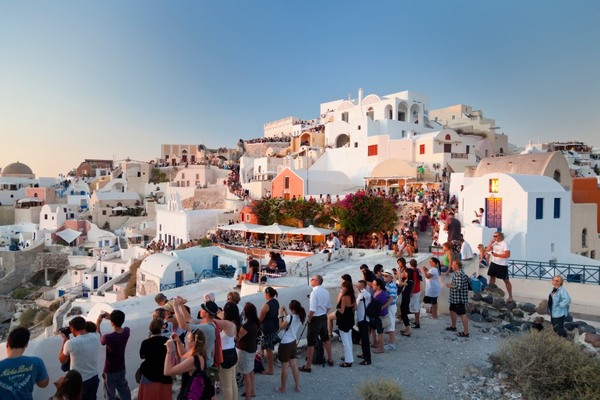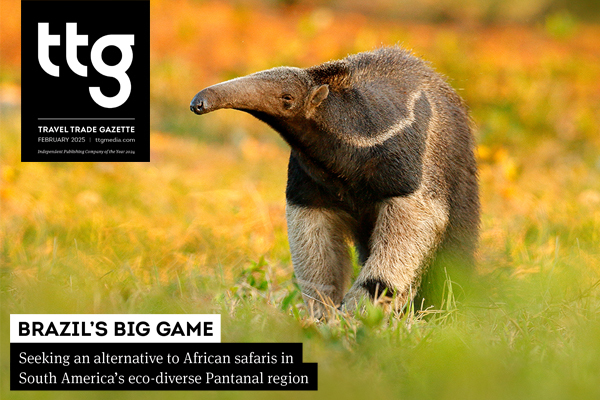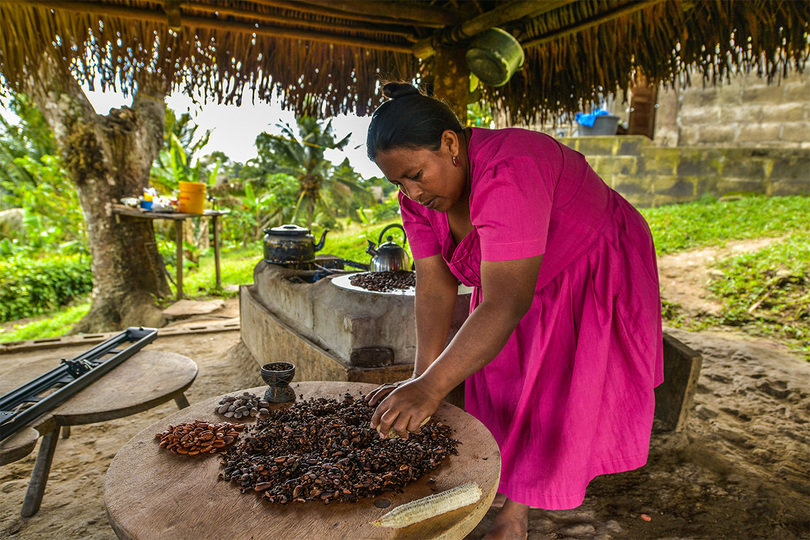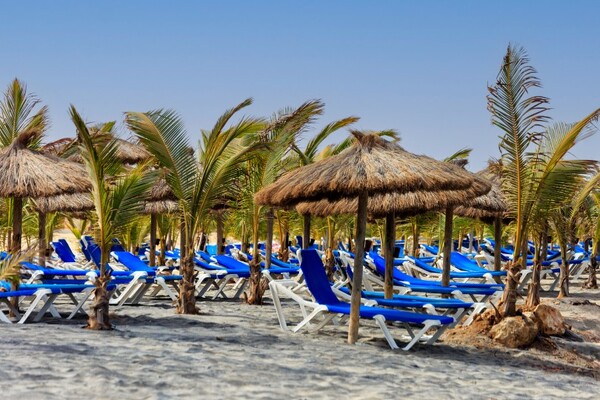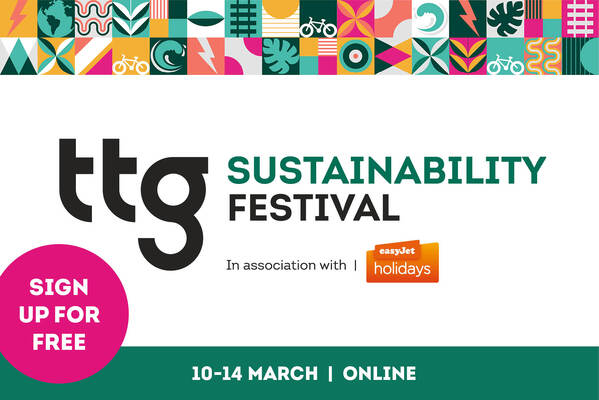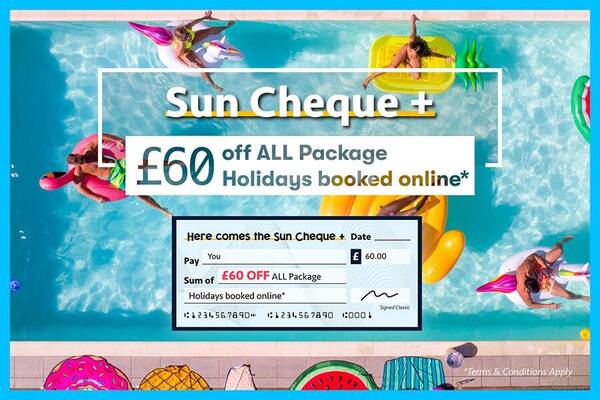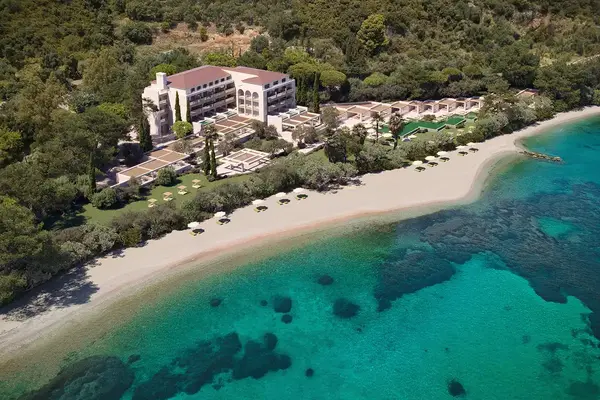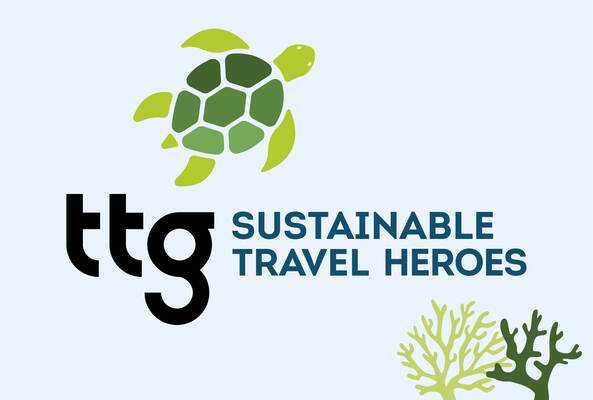'Our market leaders have tanked package prices, and we're all suffering'
Michael O’Leary is not shy of telling the truth. His message this week about Ryanair’s performance did not surprise those of us who can see through the travel industry’s hype, and who warned us all – months ago – of the likelihood of there being overcapacity this season.
Ryanair’s average fares fell by 15% in the three months to the end of June, while profits went down by 46%. O’Leary warned the airline would have to offer more discounts in the coming months to sell many seats this August and September.
As a result, shares in Ryanair – and in other airlines – fell sharply. If Ryanair is having problems, then other carriers are too. And their problems are probably even worse.
Yet our market leaders have been telling us all is rosy, and that air fares are markedly higher. Personally, I believe O’Leary. He doesn’t have a tour operation either, which helps disguise where the discounting is happening. His stark message clearly sets the scene for what all tour operators currently face.
Package prices in July and August have tanked. Our market leaders are to blame, and we are all suffering.
How did they read the market so poorly, when economic forecasters repeatedly warned that the public’s finances were at rock bottom? The many thousands of extra seats piled on, totally unnecessarily, have ruined the summer season.
Such extra capacity may keep revenues high, but cheap discounted holidays simply cause resentment in destinations. The clientele, using last-minute discounts to enable them to afford an overseas holiday, often don’t have any money to spend while on holiday.
Destinations, understandably, don’t want this cheap tourism, while the mass-market airlines and operators simply want to fill aircraft. They care little for the effect caused overseas.
Yet more capacity is being planned for 2025 at exactly the same time public opinion in Majorca, the Canaries, Barcelona, Venice, Amsterdam, Mykonos, Santorini and Dubrovnik, and other honeypot destinations, is turning against this tidal wave of cheap tourism that airlines and cruise ships disgorge daily.
In these circumstances, it’s hard to continue believing tourism is still a force for good.
I’m unaware of any airline or cruise line openly reporting the extra carbon emissions resulting from the marked increase in capacity this year. Doubtless they’d rather keep quiet.
However, if we keep increasing capacity annually for the next 15 years – after which, hopefully, technology will kick in to help – and cannot, in the meantime, discover a method by which to lower our carbon footprint to compensate, then by 2035 the air, cruise and travel industries will become one of the biggest polluters in the world.
Are we embarrassed? It seems not, we just turn a blind eye.
I doubt the UK government will do anything to stem demand. More expensive holidays don’t generate votes. So overseas destinations need to look after themselves, and it will be interesting to see what their governments do.
Tourism ministers love to announce increased arrival figures. Unfortunately, they seldom know how tourism works. The likes of Airbnb and the OTAs have been allowed to grow unchecked, antagonising both the local residents and the hoteliers they serve.
I have never been so disappointed at the state of our industry. In the 54 years I’ve worked in travel, we have – collectively and repeatedly – continued to make exactly the same mistakes.
Noel Josephides is chair of tour operator Sunvil, which specialises in tailor-made breaks to Greece, Portugal, Croatia, Scandinavia, lesser-known Andalucia and the Costa Brava in Spain, as well as Italy, Cyprus and Latin America.
Sign up for weekday travel news and analysis straight to your inbox

Noel Josephides
Supplier Directory
Find contacts for 260+ travel suppliers. Type name, company or destination.
